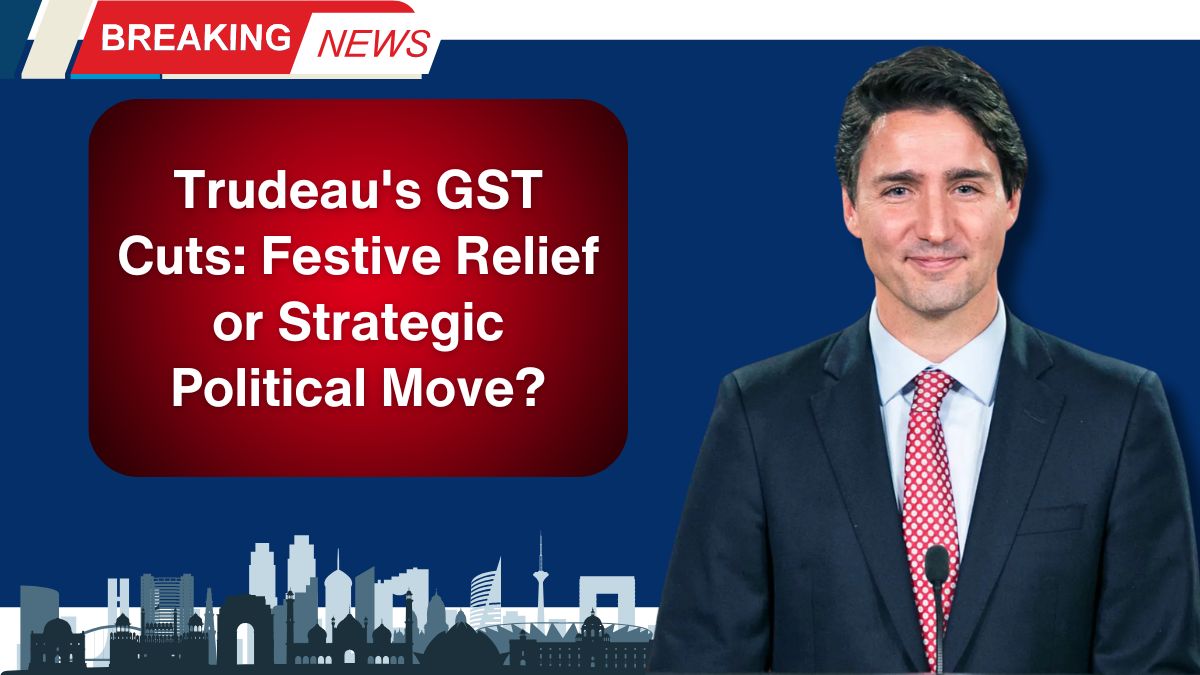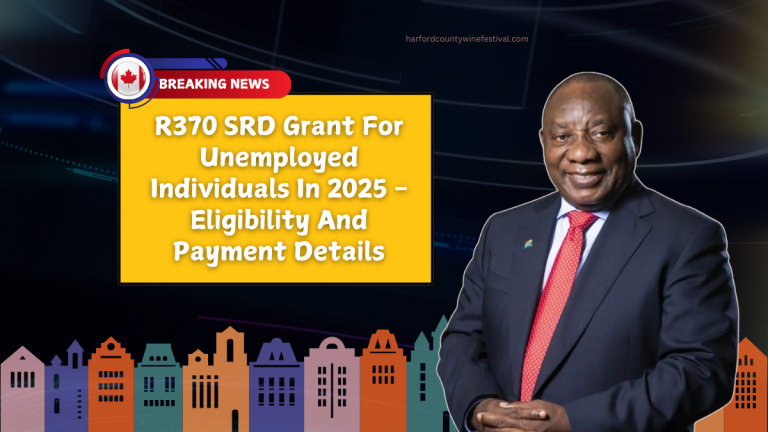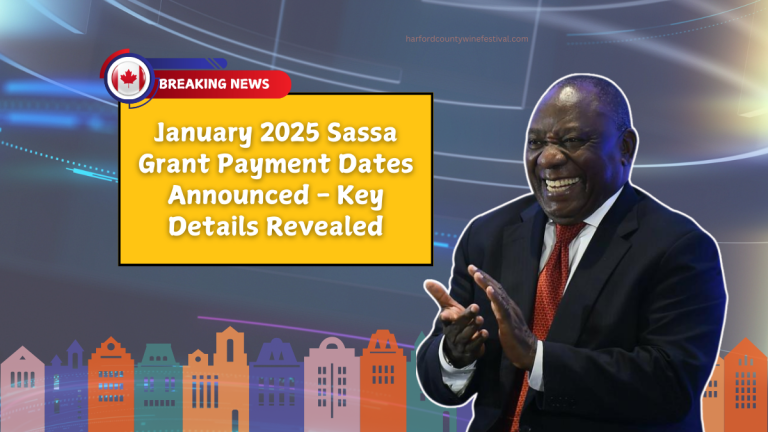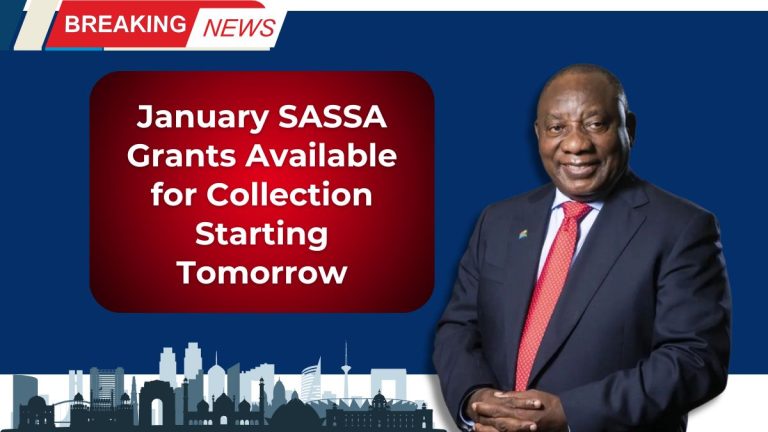Prime Minister Justin Trudeau recently announced a temporary GST holiday and the Working Canadians Rebate program, designed to ease financial pressure during the holiday season. While some Canadians view these measures as timely and necessary, others criticize them as short-term fixes that fail to address larger economic challenges. This article explores public reactions, the specifics of the GST holiday, and how it stacks up against the New Democratic Party’s (NDP) competing proposals.
Public Reactions: Mixed Views on Trudeau’s Announcement
Skepticism and Criticism
Critics argue that the GST holiday is a political maneuver intended to boost the government’s image ahead of elections. Many perceive it as a “temporary patch” for Canada’s deeper economic issues rather than a sustainable solution.
One social media user summarized the criticism by stating: “The government seems to be blowing the budget now, only to leave the next administration to deal with the fallout.” This sentiment reflects concerns that the plan prioritizes short-term relief over long-term stability.
Preference for NDP’s Proposal
Another key criticism is the comparison between Trudeau’s plan and NDP Leader Jagmeet Singh’s Tax-Free Essentials Campaign. Singh’s proposal advocates for permanent GST exemptions on essential items like groceries, heating, internet services, and phone bills. Many Canadians argue that Singh’s plan offers more comprehensive and lasting relief compared to Trudeau’s narrow and temporary approach.
Relief for Some Canadians
On the other hand, many Canadians welcomed the GST holiday as timely financial assistance during the expensive holiday season. Families expecting to spend more on gifts, festive food, and decorations view the initiative positively. One commenter shared: “Any tax break on essentials during the holidays is a relief for families struggling with rising costs.”
Cautious Optimism
Some Canadians expressed mixed feelings. While they appreciate the temporary relief, they believe it does not resolve year-round financial pressures. For these individuals, any assistance, even temporary, is better than none at all.
GST Holiday: Details and Scope
The GST holiday targets key categories of goods to help Canadians manage expenses during peak spending periods. Below is a breakdown of the items included:
| Category | Details |
|---|---|
| Prepared Foods & Snacks | Bakery items, prepared meals, snacks |
| Restaurant Meals | Dine-in, takeout, and delivery services |
| Children’s Clothing | Winterwear, footwear, and other essentials |
| Children’s Necessities | Diapers, baby wipes, and baby care products |
| Toys | Educational toys, games, and general children’s toys |
| Holiday Decorations | Christmas trees, wreaths, lights, and festive décor |
The timing of the GST holiday is strategic, aligning with the holiday season’s peak consumer spending. This approach is designed to maximize the program’s economic impact.
The Working Canadians Rebate: Targeted Assistance
Alongside the GST holiday, Trudeau introduced the Working Canadians Rebate, which provides direct financial support to middle-income workers:
- Eligible Canadians earning up to $150,000 in 2023 will receive a $250 cheque in 2024.
- The rebate is specifically aimed at offsetting rising living costs for middle-income earners.
Political Reactions: Trudeau vs. NDP
NDP’s Permanent Relief Proposal
NDP Leader Jagmeet Singh acknowledged that the GST holiday is a step in the right direction, but he emphasized its limitations. Singh’s Tax-Free Essentials Campaign proposes permanent GST exemptions on items like:
- Groceries
- Heating
- Internet and cell phone bills
Singh criticized Trudeau’s measures as a “partial concession” that falls short of addressing critical monthly expenses for households. According to Singh, long-term solutions are needed to provide sustainable relief.
Key Weaknesses of Trudeau’s Plan
- Temporary Nature: The GST holiday will last for only two months, limiting its overall impact.
- Narrow Scope: The program focuses on holiday-specific items but excludes essential expenses like utilities and telecommunications.
Comparing Trudeau’s GST Holiday to NDP’s Proposal
| Aspect | Trudeau’s GST Holiday | NDP’s Proposal |
| Duration | Temporary (Holiday Season) | Permanent |
| Items Covered | Specific holiday-related goods | Essential household expenses |
| Examples of Exemptions | Toys, prepared foods, holiday decorations | Groceries, heating, internet, phone bills |
| Target Audience | All Canadians during the holidays | Broader relief for low- and middle-income families |
Public Sentiment: Divided Opinions
The announcement has led to mixed public reactions. While some Canadians appreciate the immediate benefits of the GST holiday and rebate, others feel these measures are too narrow and temporary. Many believe that addressing Canada’s rising cost of living requires permanent and broader reforms.
The debate between Trudeau’s targeted relief and Singh’s comprehensive approach highlights contrasting political philosophies. For many Canadians, the key question remains: Should Canada prioritize immediate, temporary relief, or invest in permanent solutions to tackle long-term economic challenges?
FAQs
What is the GST holiday announced by Trudeau?
The GST holiday is a temporary measure that eliminates GST on select holiday-related items like prepared foods, toys, and decorations for two months.
Who is eligible for the Working Canadians Rebate?
Canadians who earned up to $150,000 in 2023 will receive a $250 rebate cheque in 2024.
How does the NDP’s proposal differ from Trudeau’s GST holiday?
The NDP proposes permanent GST exemptions on essential expenses like groceries, heating, and phone bills, while Trudeau’s plan is temporary and holiday-specific.







